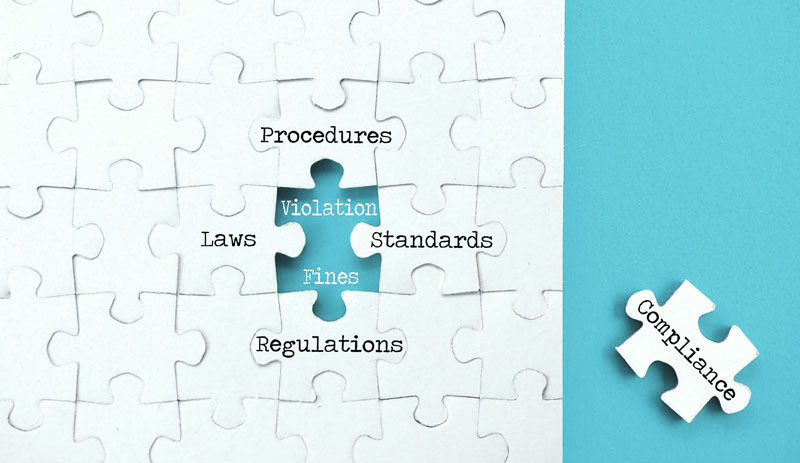
Leadership, Strategy
As a leader it is not always easy to remain patient when some of your team’s time-management or work quality is in question. However, by adopting a positive approach to communicating with your team members, you can hold them accountable to complete tasks efficiently and effectively.

Leadership, Strategy
Most of us at some point in our lives have struggled with saying the word “no.” Whether it was accepting an invitation to attend an event, meeting a former colleague who was looking for a job, or taking on an additional project you didn’t have time for, saying yes seemed the easier response at the time. But, then this can result in less than optimal outcomes for all sides.

Leadership, Strategy
Whether you’re a part of the management team, a business owner, or a director of a nonprofit, your team looks to you for leadership. This means more than just telling people what to do or setting goals for the organization and making sure they’re met. Today’s leadership role isn’t about power, it’s about purpose. Our based in Minneapolis is sharing why it’s time to adopt purposeful leadership and what this means for your organization.

Leadership, Strategy
Since it was brought to the forefront of business planning by Albert Humphrey in the late 1960s, the SWOT analysis has been relied upon by corporations, small businesses, nonprofits, and even schools to make key decisions and form strategies. This planning tool in which you measure your strengths, weaknesses, opportunities, and threats can be beneficial, but often, organizations rely too heavily on this method while not performing it correctly or without recognizing its weaknesses. Our strategic planning firm in Minneapolis is providing a closer look at whether you should perform a SWOT analysis on your organization and, if so, how to avoid common pitfalls.

Leadership, Strategy
Most people associate Standard Operating Procedures (SOPs) with highly specialized or regimented organizations, such as hospitals, research facilities, government agencies, or the military. However, these are not just for complex organizations, and are highly valuable for even minor areas and tasks (Biologic Technical Applications, 2012). To help you create and apply SOPs to your organization, our strategic planning agency in Minneapolis is sharing the steps on getting started.






